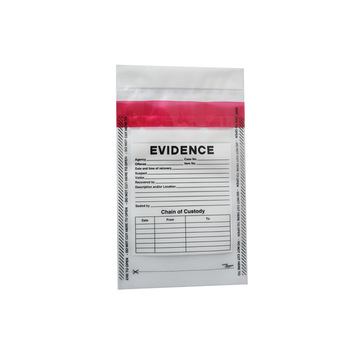Steroids Mode of Action
Steroids Mode of Action
Steroids, also known as corticosteroids or glucocorticoids, are a class of drugs that mimic the effects of hormones naturally produced by the adrenal glands. These powerful medications have a wide range of uses, from reducing inflammation and suppressing the immune system to treating conditions such as asthma, arthritis, and certain types of cancer.
How Do Steroids Work?
The mode of action of steroids involves their ability to enter cells and regulate gene expression. When steroids bind to specific receptors inside cells, they can alter the production of proteins that control various cellular processes. This mechanism allows steroids to exert their anti-inflammatory and immunosuppressive effects.
Anti-Inflammatory Effects
Steroids work by inhibiting the production of inflammatory chemicals, such as prostaglandins and leukotrienes, which play a key role in the body’s response to https://best-steroidslondon.com/product/gasse-ghrp-6-5-mg-10-flaeschchen/ injury and infection. By reducing inflammation, steroids help relieve pain, swelling, and redness associated with conditions like arthritis and allergies.
Immunosuppressive Effects
In addition to their anti-inflammatory properties, steroids also suppress the immune system’s response to foreign invaders, such as bacteria and viruses. This can be beneficial in autoimmune diseases, where the immune system mistakenly attacks healthy tissues. By dampening the immune response, steroids can prevent further damage and alleviate symptoms.
In conclusion, steroids exert their effects through a complex mode of action involving gene regulation and modulation of inflammatory and immune responses. While these medications can be highly effective in treating a variety of medical conditions, they also come with potential side effects and risks. It is important to use steroids under the guidance of a healthcare provider to minimize these risks and optimize therapeutic outcomes.












